Documentary Review: 'Summer of Soul' and the Empathy of Shared Memories
Summer of Soul is one of the best movies of 2021.
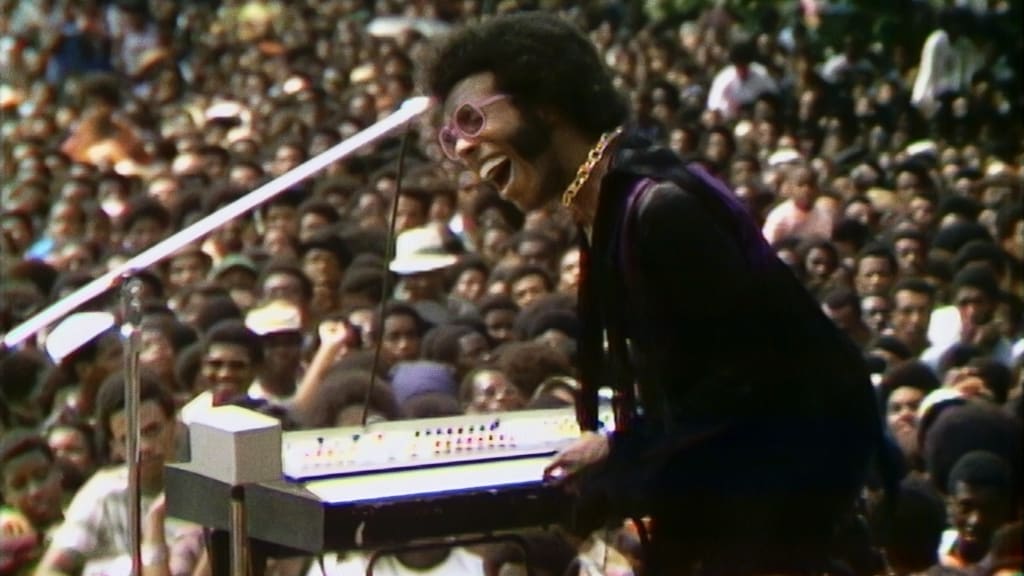
Summer of Soul is one of the most emotional documentaries I have ever experienced. Watching this more than 50 years after it had seemingly disappeared, the music at the heart of Summer of Soul is more powerful than ever. Time has given Summer of Soul a power that it did not have when it happened. Don’t misunderstand, as you watch this remarkable footage, the moment captured had power in the moment it happened. I mean that time and incident have given the footage even greater impact.
Summer of Soul was directed by Questlove and is a documentary assemblage of footage that was captured in Harlem, New York in 1969. The footage is of a series of concerts in a Harlem, New York park, The Harlem Cultural Festival, that ran throughout the summer of 1969 and featured some of the most iconic voices of the day. The concert series was filmed with the intention of creating a series of television specials that never came to be.
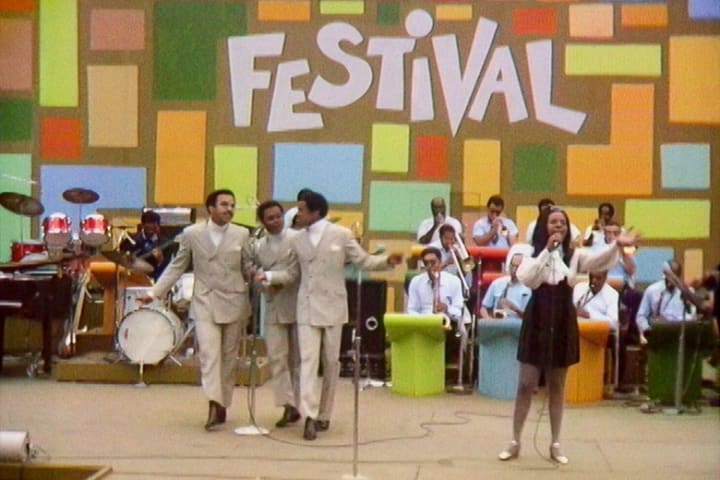
The footage was left in a basement for decades until curiosity led to it being rediscovered. So many people from Harlem who attended these concerts had such incredibly fond memories of these shows but for years they were only memories and as history invariably marched on, these memories faded, degraded, as memories do, and as the number of people who shared this memory began to pass away, it appeared that these shows would only ever be a legend passed down in stories.
That’s the power of Summer of Soul. Questlove brings the shared memories of thousands back to life and watching this memory be confirmed and verified for those in attendance and even the performers themselves is powerful. It’s like watching someone find a batch of old family photos and watching their eyes light up with a flood of memories, emotions, joy and wistful sadness. The empathy engendered in these moments is overwhelming.
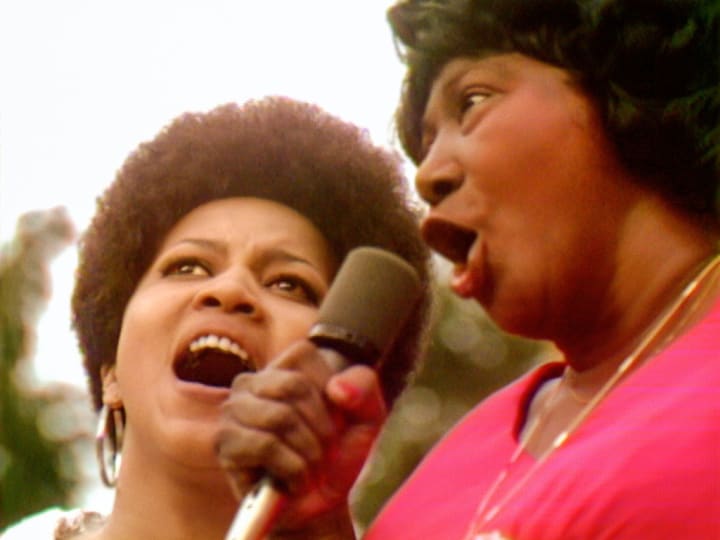
When I say empathy, I am perhaps misspeaking. What I mean is that though I don’t have the same memory as the people who were at this concert and are being overwhelmed by seeing Summer of Soul reborn before their eyes, I know the feeling. We all know that feeling, it’s happened to every human being. We’ve all experienced seeing an old photo, video, a moment in your life that provides a rush of emotion when recalled.
Summer of Soul is about that most basic and identifiable human experience, a memory that fades to nearly disappearing only to be reborn, triggered by a photo, a video, a song, a scent, the sight of a loved one rarely seen anymore. Summer of Soul also means so much more than that, but for my purpose here, this is what resonated with me emotionally and that I am relaying to you. What an amazing gift that Questlove has given to those who were in Harlem in 1969. They may still remember these shows and now those memories are refreshed and renewed and their ephemeral qualities are reinforced, the emotion surges all over again.
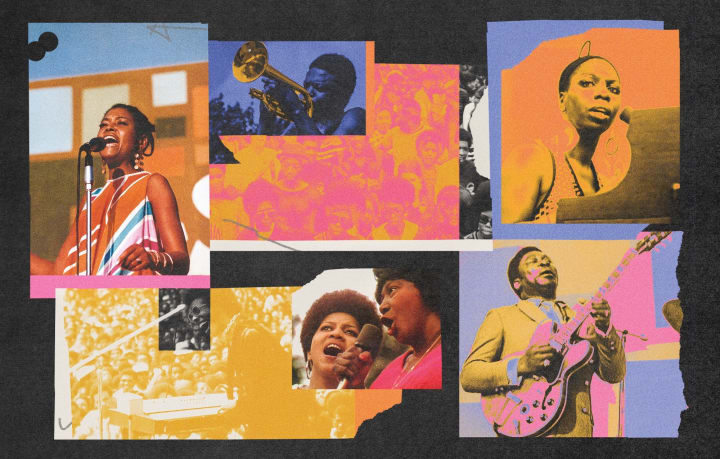
Listen to the awe in the voice of Musa Jackson, one of the interview subjects in Summer of Soul. Musa was in the park for each of these incredible shows and the childlike glee he experiences at seeing this footage for the first time is perhaps one of my favorite moments in any movie in decades. The same can be said of seeing the tears in the eyes of Marilyn McCoo and Billy Davis, members of The Fifth Dimension who performed at one of the concerts.
If you can keep from sharing their flood of emotions then you are missing a piece of your soul. It may not be your memory but you know what they are feeling. You can identify with having a piece of yourself given back to you in some way. Memories, especially the good ones, are inescapable even as they are ephemeral. You never know when they will pop up or how they will make you feel when they do and that’s being human.
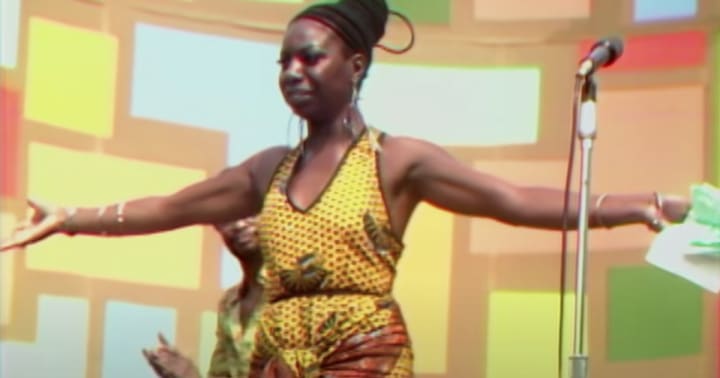
This basic human experience is why racism has never made any sense to me. We all have memories, positive, negative, ambivalent and lost memories. I am not Musa Jackson but he and I both have moments in our lives where a memory triggers unbridled glee, as he experiences in Summer of Soul. I’m sure we both have memories that engender despair, as do you, dear reader, we are all bonded in this way. It’s why hatred makes no sense in the long run. We are the same in this very basic yet very beautiful way.
Roger Ebert famously said “The movies are like a machine that generates empathy.” Summer of Soul is one of the great machines of empathy that I have ever experienced. That it also happens to feature some of the finest music ever captured on film only serves to make it that much more powerful, memorable and resonant.
About the Creator
Sean Patrick
Hello, my name is Sean Patrick He/Him, and I am a film critic and podcast host for the I Hate Critics Movie Review Podcast I am a voting member of the Critics Choice Association, the group behind the annual Critics Choice Awards.






Comments
There are no comments for this story
Be the first to respond and start the conversation.